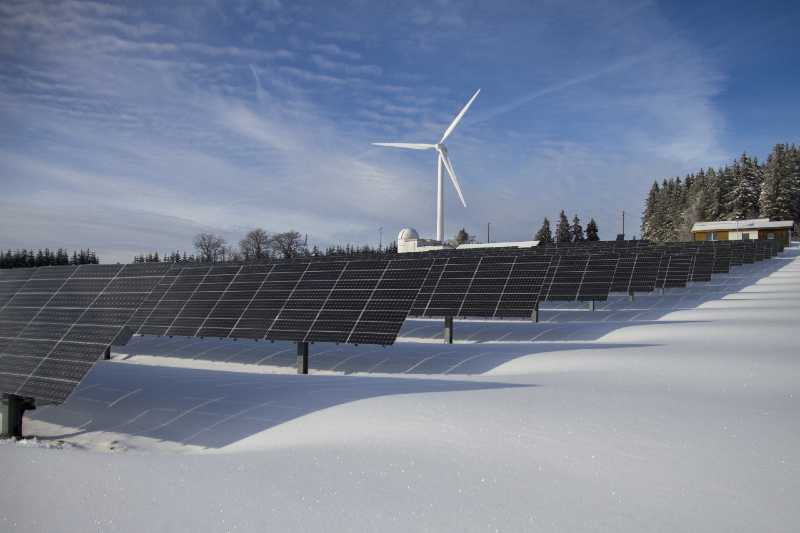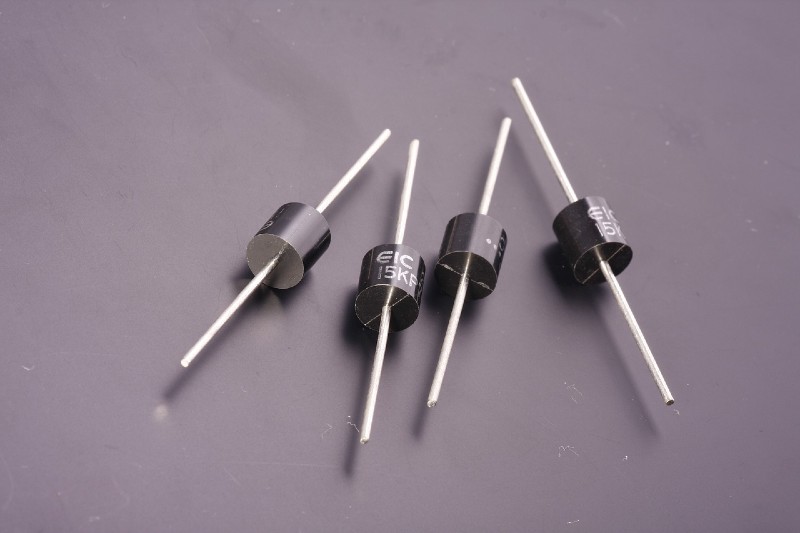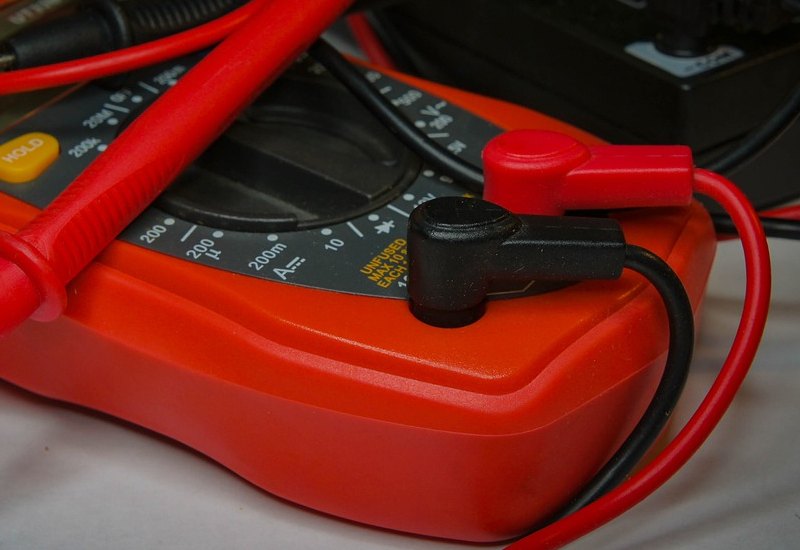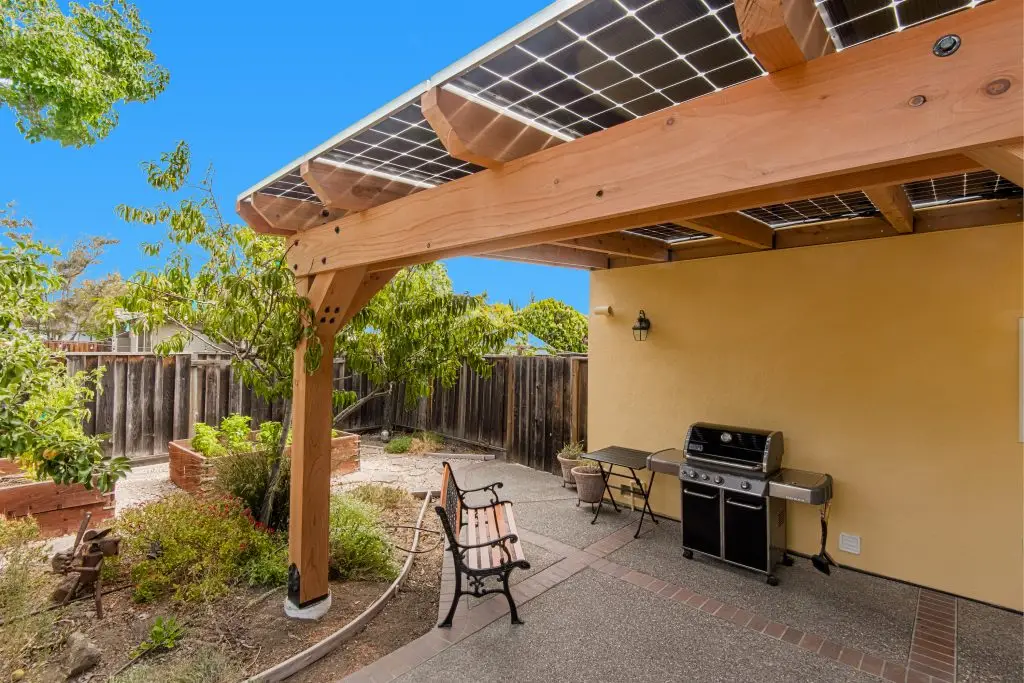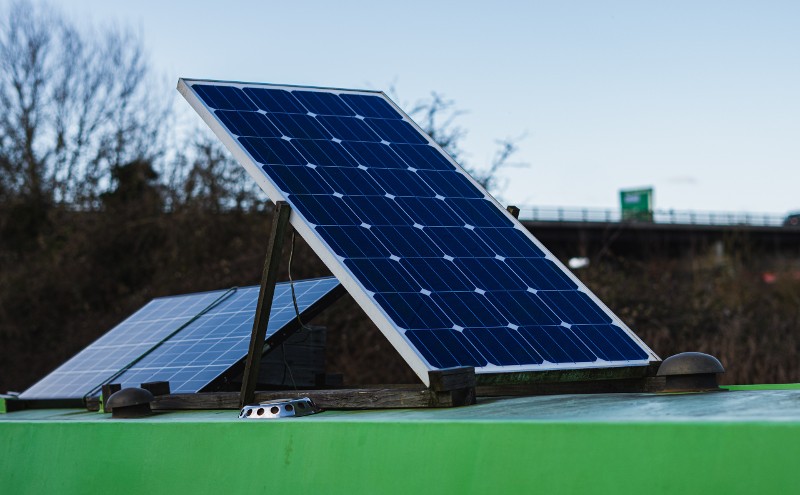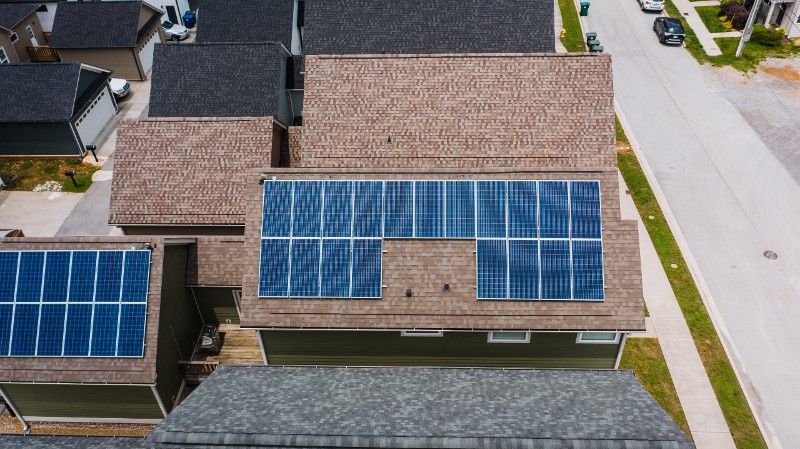Right now, more and more people are turning to the use of solar panels as a form of energy production.
People can power their appliances and tools without having to be reliant on an outside source like electricity lines or gas stations.
However, there are some instances in which using solar can actually cause problems instead of alleviating them such as draining your battery at night.
So, can solar panel discharge battery?
The short answer is NO, solar panels won’t drain your battery unless there is a problem with the blocking diode.
If you are looking for the long answer, then you are just in the right place.
In this article, we will go over some of the basics of what causes your solar panel to discharge the battery, how to fix your solar panel, and many more!
So without further ado, let’s jump right into it.
Why Do Solar Panels Drain The Battery?
To understand what causes your solar panel to discharge your battery, first, you need to know how solar panels work.
A solar panel consists of several cells that are all connected in series, meaning the negative side of one cell is linked to the positive terminal on another cell.
When exposed to sunlight, these individual cells will generate electricity through this process known as the photovoltaic effect.
Because there is a voltage difference between the positive and negative terminals of the panel, the generated electricity will flow through that circuit to charge your battery or power your appliances.
So, what would happen if your battery has a higher voltage than the solar panel?
Well, because the battery voltage is higher than the panel, the electricity flow will change its direction.
This means that instead of charging your battery (solar panel sending electricity to the battery), the solar panel will now drain power from it (battery sending electricity to the panel).
As a result, your solar panel will discharge your battery.
Luckily, to get over this problem, solar manufacturers designed the panels with something called Blocking Diode.
From its name, you know that this diode works by blocking the current flow from the battery to the solar panel while allowing the flow of electricity from the solar panel to the battery at the same time, preventing solar panels from draining the battery.
So, if your solar panel discharges your battery, then there must be something wrong with the blocking diode and it needs to be fixed.
The second most common reason why your solar panel can drain the battery is due to Reverse Polarity.
What Is Reverse Polarity?
Reverse polarity can be defined as a situation in which you have installed some components of the solar system incorrectly, causing them not work together correctly and leading to an undesirable outcome.
Reverse polarity can be caused by several different things such as incorrect wiring and the lack of a blocking diode.
How To Prevent Reverse Polarity?
To avoid problems with your battery or solar panel installed in wrong way, you need to make sure that all connections are done correctly and securely.
How To Prevent Solar Panel From Draining Battery?
The first thing you need to do is to check if the blocking diode is working properly.
Don’t worry, this it’s actually pretty easy and you can do it yourself.
Here is an amazing video that shows you exactly how to test the blocking diode.
After checking your diode, now all you need to do is to replace it.
Here is another video that shows you how to replace the blocking diode even if you have 0 experience.
Another way to prevent your solar panel from discharging your battery is to use a regulator or a charge controller.
Related article: How Does A Solar Panel Charge Controller Work?
A charge controller won’t only control the amount of electricity flowing into your battery and prevent it from overcharging, it can also block reverse current, which is the main reason why solar panels drain batteries.
Last Words
So, can solar panel discharge battery?
Yes! If your battery’s voltage is higher than the panel and if you don’t have a blocking diode or a charge controller installed.
Luckily there are several solutions that can help prevent such problems like checking the status of your blocking diode regularly and using a regulator to control electricity flow into your battery.
Do you have any questions about solar panels and batteries?
If so, please share your thoughts with us in the comment section!

